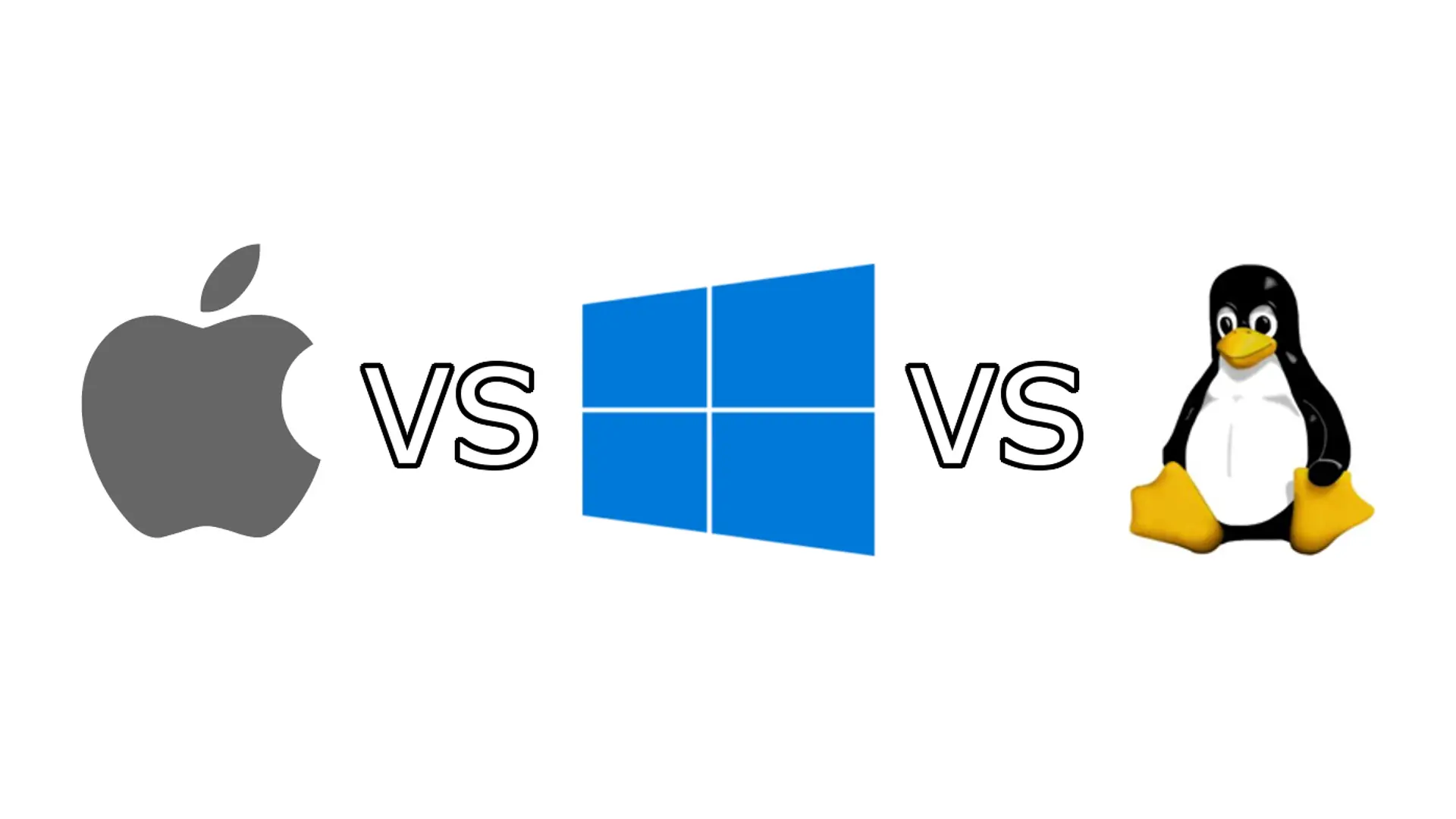Ubuntu Unleashed: Why Windows and Mac-OS Are Looking Over Their Shoulders
Step into the digital ring as we pit Ubuntu, the open-source underdog, against the heavyweight champions, Windows and macOS. Discover the power of open-source as it disrupts the tech status quo.
As we navigate the rapidly advancing digital age, the comparison between open-source and proprietary operating systems, embodied by Ubuntu, Windows, and macOS respectively, has become critical. Here, we delve into the key comparative points, articulating how one might be better than the others.
- Code Accessibility: Ubuntu, an open-source platform, allows anyone to access and modify its code. This empowers users and developers to customise the system to their liking, fostering innovation. In contrast, Windows and macOS are proprietary systems, limiting code accessibility and consequent customisation.
- System Changes: Ubuntu's system changes are community-driven, offering a democratic way to shape the software's future. This stands against the top-down approach of Windows and macOS, where system changes are dictated by the companies, often not fully aligning with user preferences.
- Support: Ubuntu relies on a robust community for support. While this might lack the formal structure of Windows' and macOS's professional support, it often leads to quicker, diverse solutions. Moreover, community support fosters a sense of shared learning and problem-solving.
- System Requirements: Ubuntu's ability to run on less powerful machines makes it more accessible, particularly in budget-constrained scenarios. On the other hand, Windows and macOS often demand more powerful hardware, increasing the cost of system setup.
- Security: Ubuntu's security is scrutinised by a multitude of users due to its open-source nature, making it easier to spot and rectify vulnerabilities. Conversely, Windows and macOS rely solely on their internal security teams, potentially limiting their ability to respond to a wide range of threats.
- Software Ecosystem: Ubuntu provides a wide range of free applications, creating an inclusive environment. This contrasts with Windows and macOS, where users often have to purchase additional software.
- Learning Curve: Ubuntu does present a steeper learning curve with its technical nature, which might initially be challenging compared to the intuitive interfaces of Windows and macOS. However, the knowledge and skills acquired open doors to deeper system understanding and control.

Table comparing the Three Operating Systems
To sum up, Ubuntu's open-source nature offers clear advantages in customisation, community engagement, system requirements, security, and cost-effectiveness. However, the learning curve and reliance on community support require a more proactive approach from users. The choice between open-source and proprietary systems will ultimately depend on individual needs, technical comfort, and personal preferences. Undeniably, the rise of open-source platforms like Ubuntu is democratising the digital landscape, offering a powerful alternative to traditional proprietary systems.



